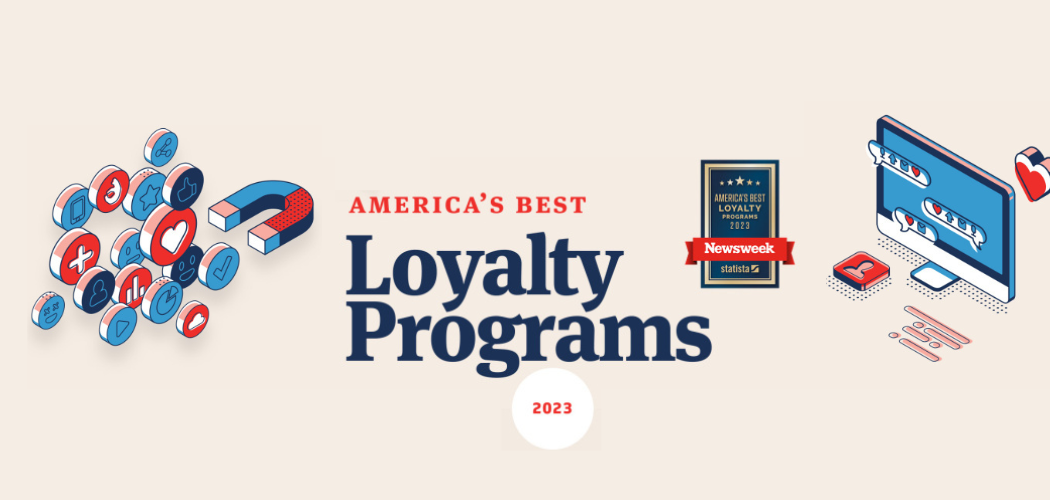Apple was very busy last week, and a few items caught our eye. In our 2018 Delphi Report, The Future of Loyalty Marketing, we highlighted the growing influence of artificial intelligence and the profound effect it will have on all data driven marketing as companies strive to drive better customer engagement. Apple agrees and announced the acquisition of start-up Xnor.ai for a reported $US 200 Million.
Little is known about Xnor.ai, but according to Geekwire, Xnor.ai creates low-power, edge-based artificial intelligence tools. These tools are significant because they allow artificial intelligence to live locally on a device, and deliver capabilities from that device rather than from the cloud. This is a big step in artificial intelligence as innovators and regulators are scrambling to keep data security and privacy policies up to date with technology. Artificial intelligence that doesn’t have to travel from the cloud, and stores data in the cloud to complete simple or less complicated transactions will give some relief to the data security concerns that tag along everywhere artificial intelligence goes.
The 2018 Delphi report also foresaw a new revolution at the point-of-sale that could take the loyalty industry in a variety of new directions. Apple Pay and leading point-of-sale systems provider, Ingenico, appear to be making part of our prognostication true. Apple will now be able to directly integrate with Ingenico, a leading POS solution, allowing more frictionless use of their Apple Wallet, and leveraging their combined benefits to trigger higher customer engagement and deliver more customer value.
We asked a few CLMPs™ to comment on the Ingenico/Apple Pay integration.
Nick Chambers, Mobile Loyalty Technologies (UK) and a member of the Loyalty Academy faculty, saw it as yet another milestone in the convergence of payments and loyalty:
“Such partnerships signal that leading point-of-sale providers plan to do more than merely remain competitive; they plan to innovate around data and customer engagement. Since point-of-sale companies are not collecting personally identifiable information, they need to involve payment processors or in this case a card network, to match individual cardholders with their basket spend as well as offer merchants the ability to operate innovative new loyalty propositions. Married together this data taps into the high-margin advertising dollars as you are combining item data (which manufacturers care about) with demographic data (which marketers care about). Perhaps the real key to success here is to make enough basket data & personally identifiable information data available across enough verticals to give advertisers confidence that the data is reflective of the overall market.”
Another CLMP™ and faculty member, James Christensen of Loyalty Point (CA), saw the move as a continuation of recent trends he has been discussing in his course work at the Loyalty Academy.
“In the recent payment module (The Intersection of Loyalty and Payments) I helped author, there was a lot of focus on cloud-based transactions, identity, and/or sharing logon credentials. This deal and ones like Plaid/Visa and Google banking are dealing with this. It will disrupt loyalty.”
If you’re interested in an on demand version of James’ course – The Intersection of Loyalty and Payments – check out the Loyalty Academy website. Otherwise, stay on the look out for our continued coverage of artificial intelligence and big tech’s march into loyalty marketing.




